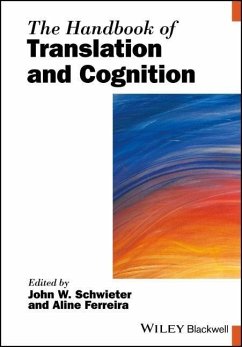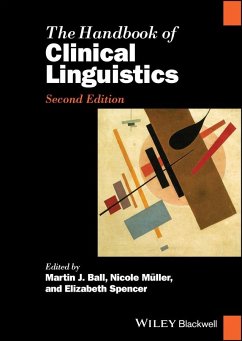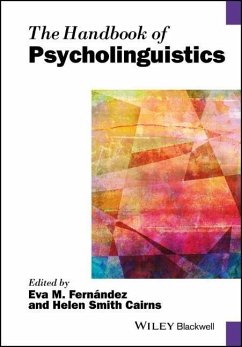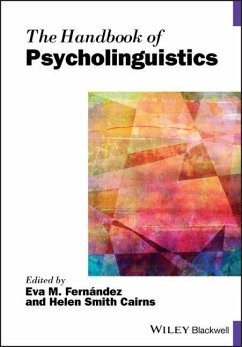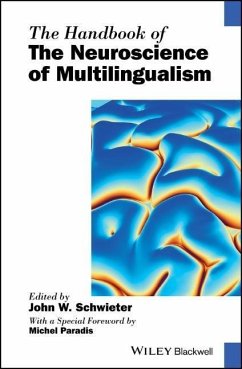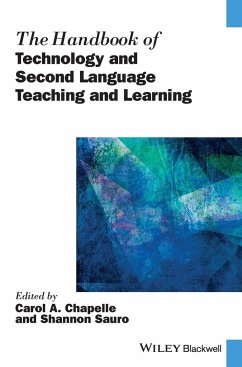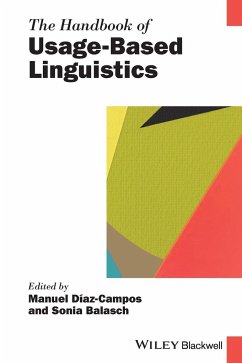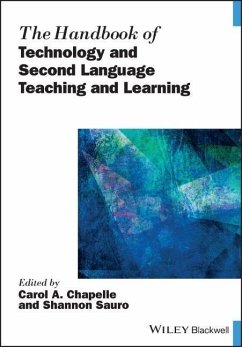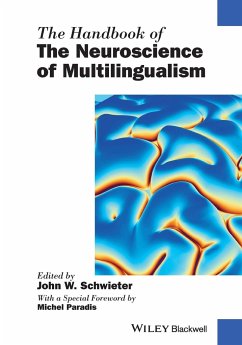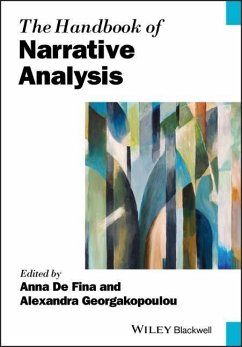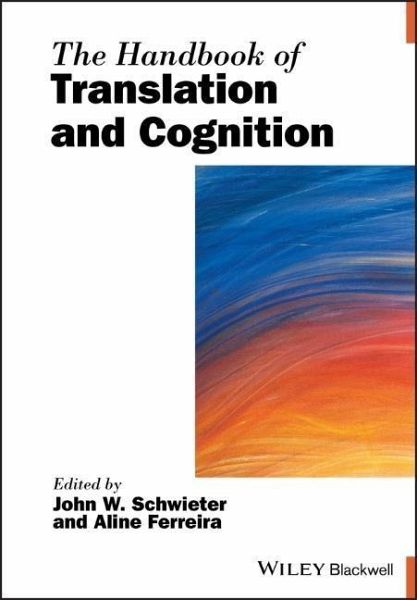
The Handbook of Translation and Cognition
Versandkostenfrei!
Versandfertig in über 4 Wochen
51,99 €
inkl. MwSt.

PAYBACK Punkte
26 °P sammeln!
The Handbook of Translation and Cognition is a pioneering, state-of-the-art investigation of cognitive approaches to translation and interpreting studies (TIS)._ Offers timely and cutting-edge coverage of the most important theoretical frameworks and methodological innovations_ Contains original contributions from a global group of leading researchers from 18 countries_ Explores topics related to translator and workplace characteristics including machine translation, creativity, ergonomic perspectives, and cognitive effort, and competence, training, and interpreting such as multimodal processi...
The Handbook of Translation and Cognition is a pioneering, state-of-the-art investigation of cognitive approaches to translation and interpreting studies (TIS).
_ Offers timely and cutting-edge coverage of the most important theoretical frameworks and methodological innovations
_ Contains original contributions from a global group of leading researchers from 18 countries
_ Explores topics related to translator and workplace characteristics including machine translation, creativity, ergonomic perspectives, and cognitive effort, and competence, training, and interpreting such as multimodal processing, neurocognitive optimization, process-oriented pedagogies, and conceptual change
_ Maps out future directions for cognition and translation studies, as well as areas in need of more research within this dynamic field
_ Offers timely and cutting-edge coverage of the most important theoretical frameworks and methodological innovations
_ Contains original contributions from a global group of leading researchers from 18 countries
_ Explores topics related to translator and workplace characteristics including machine translation, creativity, ergonomic perspectives, and cognitive effort, and competence, training, and interpreting such as multimodal processing, neurocognitive optimization, process-oriented pedagogies, and conceptual change
_ Maps out future directions for cognition and translation studies, as well as areas in need of more research within this dynamic field



